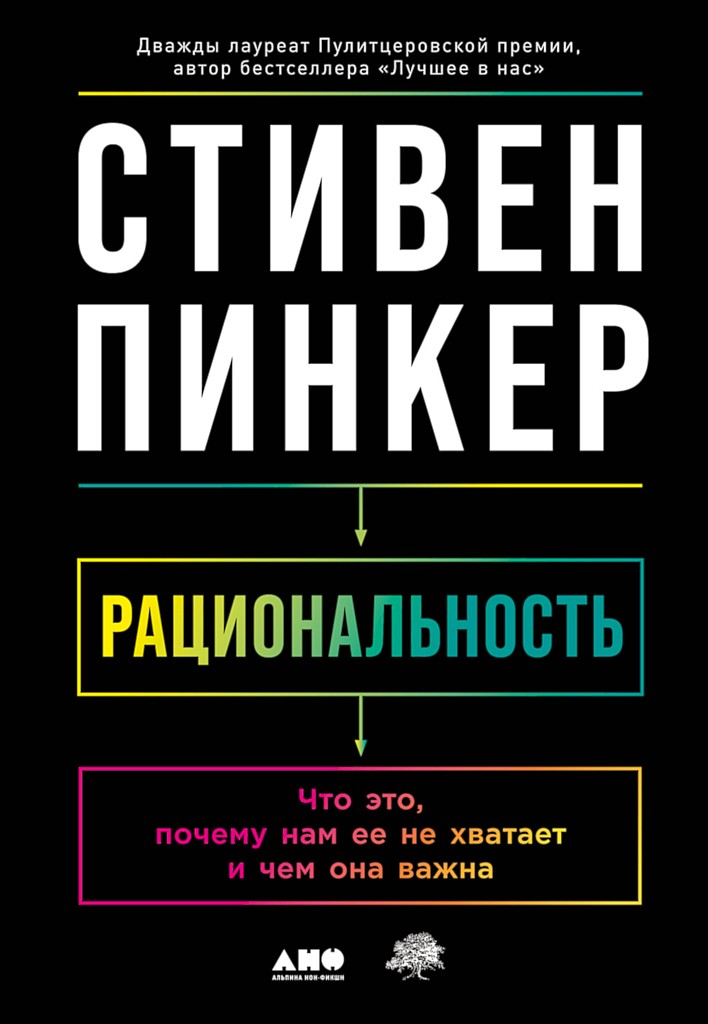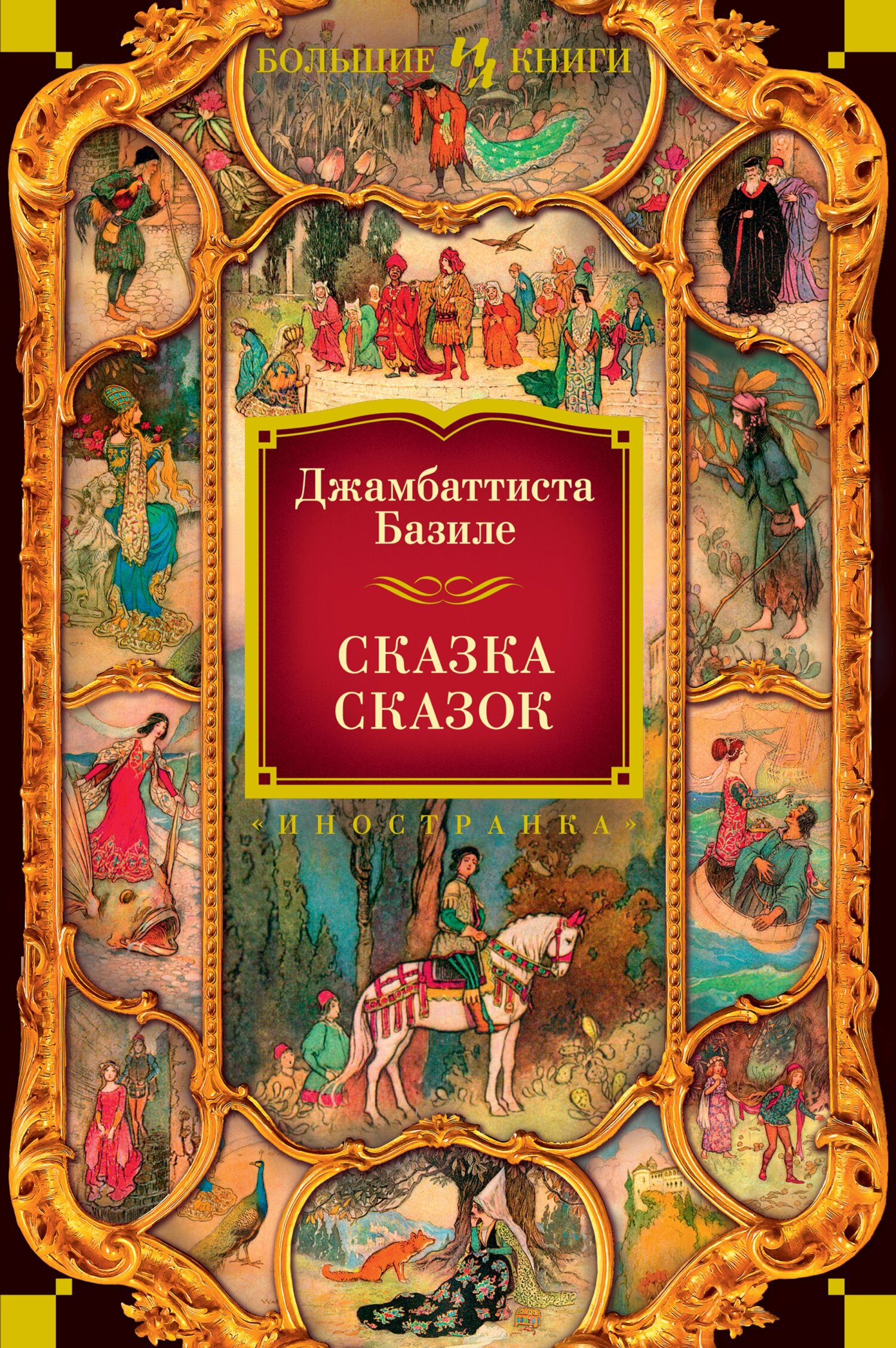1995.
The vision of the anointed: Self-congratulation as a basis for social policy. New York: Basic Books.
Sperber, D. 1997. Intuitive and reflective beliefs. Mind & Language, 12, 67–83. https://doi.org/10.1111/j.1468–0017.1997.tb00062.x.
Sperber, D., Cara, F., & Girotto, V. 1995. Relevance theory explains the selection task. Cognition, 57, 31–95. https://doi.org/10.1016/0010-0277(95)00666-M.
Spinoza, B. 1677/2000. Ethics (G. H. R. Parkinson, trans.). New York: Oxford University Press.
Stango, V., & Zinman, J. 2009. Exponential growth bias and household finance. Journal of Finance, 64, 2807–49. https://doi.org/10.1111/j.1540–6261.2009.01518.x.
Stanovich, K. E. 2012. On the distinction between rationality and intelligence: Implications for understanding individual differences in reasoning. In K. J. Holyoak & R. G. Morrison, eds., The Oxford Handbook of Thinking and Reasoning. New York: Oxford University Press.
Stanovich, K. E. 2018. How to think rationally about world problems. Journal of Intelligence, 6(2). https://doi.org/10.3390/jintelligence6020025.
Stanovich, K. E. 2020. The bias that divides us. Quillette, Sept. 26. https://quillette.com/2020/09/26/the-bias-that-divides-us/.
Stanovich, K. E. 2021. The bias that divides us: The science and politics of myside thinking. Cambridge, MA: MIT Press.
Stanovich, K. E., & Toplak, M. E. 2019. The need for intellectual diversity in psychological science: Our own studies of actively open-minded thinking as a case study. Cognition, 187, 156–66. https://doi.org/10.1016/j.cognition.2019.03.006.
Stanovich, K. E., & West, R. F. 1998. Cognitive ability and variation in selection task performance. Thinking and Reasoning, 4, 193–230.
Stanovich, K. E., West, R. F., & Toplak, M. E. 2016. The rationality quotient: Toward a test of rational thinking. Cambridge, MA: MIT Press.
Statista Research Department. 2019. Beliefs and conspiracy theories in the U. S. — Statistics & Facts. Aug. 13. https://www.statista.com/topics/5103/beliefs-and-superstition-in-the-us/#dossierSummary__chapter5.
Stenger, V. J. 1990. Physics and psychics: The search for a world beyond the senses. Buffalo, NY: Prometheus.
Stevenson, B., & Wolfers, J. 2008. Economic growth and subjective well-being: Reassessing the Easterlin Paradox. Brookings Papers on Economic Activity, 1–87. https://doi.org/10.3386/w14282.
Stoppard, T. 1972. Jumpers: A play. New York: Grove Press.
Stuart, E. A. 2010. Matching methods for causal inference: A review and a look forward. Statistical Science, 25, 1–21. https://doi.org/10.1214/09-STS313.
Suits, B. 1978/2014. The grasshopper: Games, life, and utopia (3rd ed.). Peterborough, Ont.: Broadview Press.
Sunstein, C. R., & Vermeule, A. 2008. Conspiracy theories. John M. Olin Program in Law and Economics Working Papers, 387. https://dx.doi.org/10.2139/ssrn.1084585.
Swets, J. A., Dawes, R. M., & Monahan, J. 2000. Better decisions through science. Scientific American, 283, 82–87.
Sydnor, J. 2010. (Over)insuring modest risks. American Economic Journal: Applied Economics, 2, 177–99. https://doi.org/10.1257/app.2.4.177.
Sykes, C. J. 2017. How the right lost its mind. New York: St. Martin’s Press.
Taber, C. S., & Lodge, M. 2006. Motivated skepticism in the evaluation of political beliefs. American Journal of Political Science, 50, 755–69. https://doi.org/10.1111/j.1540–5907.2006.00214.x.
Talwalkar, P. 2013. The taxi-cab problem. Mind Your Decisions, Sept. 5. https://mindyourdecisions.com/blog/2013/09/05/the-taxi-cab-problem/.
Tate, J., Jenkins, J., Rich, S., Muyskens, J., Fox, J., et al. 2020. Fatal force. https://www.washingtonpost.com/graphics/investigations/police-shootings-database/, retrieved Oct. 14, 2020.
Temple, N. 2015. The possible importance of income and education as co-variates in cohort studies that investigate the relationship between diet and disease. F1000Research, 4, 690. https://doi.org/10.12688/f1000research.6929.2.
Terry, Q. C. 2008. Golden Rules and Silver Rules of humanity: Universal wisdom of civilization. Berkeley, CA: AuthorHouse.
Tetlock, P. E. 1994. Political psychology or politicized psychology: Is the road to scientific hell paved with good moral intentions? Political Psychology, 15, 509–29. https://doi.org/10.2307/3791569.
Tetlock, P. E. 2002. Social functionalist frameworks for judgment and choice: Intuitive politicians, theologians, and prosecutors. Psychological Review, 109, 451–71. https://doi.org/10.1037/0033-295X.109.3.451.
Tetlock, P. E. 2003. Thinking the unthinkable: Sacred values and taboo cognitions. Trends in Cognitive Sciences, 7, 320–24. https://doi.org/10.1016/S1364-6613(03)00135-9.
Tetlock, P. E. 2009. Expert political judgment: How good is it? How can we know? Princeton, NJ: Princeton University Press.
Tetlock, P. E. 2015. All it takes to improve forecasting is keep score. Paper presented at the Seminars about Long-Term Thinking, San Francisco, Nov. 23.
Tetlock, P. E., & Gardner, D. 2015. Superforecasting: The art and science of prediction. New York: Crown.
Tetlock, P. E., Kristel, O. V., Elson, S. B., Green, M. C., & Lerner, J. S. 2000. The psychology of the unthinkable: Taboo trade-offs, forbidden base rates, and heretical counterfactuals. Journal of Personality and Social Psychology, 78, 853–70. https://doi.org/10.1037/0022-3514.78.5.853.
Thaler, R. H., & Sunstein, C. R. 2008. Nudge: Improving decisions about health, wealth, and happiness. New Haven, CT: Yale University Press.
Thomas, K. A., De Freitas, J., DeScioli, P., & Pinker, S. 2016. Recursive mentalizing and common knowledge in the bystander effect. Journal of Experimental Psychology: General, 145, 621–29. https://doi.org/10.1037/xge0000153.
Thomas, K. A., DeScioli, P., Haque, O. S., & Pinker, S. 2014. The psychology of coordination and common knowledge. Journal of Personality and Social Psychology, 107, 657–76. https://doi.org/10.1037/a0037037.
Thompson, C. 2020. QAnon is like a game — a most dangerous game. WIRED Magazine, Sept. 22. https://www.wired.com/story/qanon-most-dangerous-multiplatform-game/.
Thompson, D. A., & Adams, S. L. 1996. The full moon and ED patient volumes: Unearthing a myth. American Journal of Emergency Medicine, 14, 161–64. https://doi.org/10.1016/S0735-6757(96)90124-2.
Tierney, J. 1991. Behind Monty Hall’s doors: Puzzle, debate, and answer. New York Times, July 21. https://www.nytimes.com/1991/07/21/us/behind-monty-hall-s-doors-puzzle-debate-and-answer.html.
Tierney, J., & Baumeister, R. F. 2019. The power of bad: How the negativity effect rules us and how we can rule it. New York: Penguin.
Todd, B. 2017. Introducing longtermism. https://80000hours.org/articles/future-generations/.
Tollefson, J. 2020. How Trump damaged science — and why it could take decades to recover. Nature, 586, 190–94, Oct. 5. https://www.nature.com/articles/d41586-020-02800-9.
Toma, M. 2020. Gen Ed 1066 decision-making competence survey. Harvard University.
Tooby, J., & Cosmides, L. 1993. Ecological rationality and the multimodular mind: Grounding normative theories in adaptive problems. In K. I. Manktelow & D. E. Over, eds., Rationality: Psychological and philosophical perspectives. London: Routledge.
Tooby, J., Cosmides, L., & Price, M. E. 2006. Cognitive adaptations for n-person exchange: The evolutionary roots of organizational behavior. Managerial and Decision Economics, 27, 103–29. https://doi.org/10.1002/mde.1287.
Tooby, J., & DeVore, I. 1987. The reconstruction of hominid behavioral evolution through strategic modeling. In W. G. Kinzey, ed., The evolution of human behavior: Primate models. Albany: SUNY Press.
Toplak, M. E., West, R. F., & Stanovich, K. E. 2017. Real-world correlates of performance on heuristics and biases tasks in a community sample. Journal of Behavioral Decision Making, 30, 541–54. https://doi.org/10.1002/bdm.1973.
Trivers, R. L. 1971. The evolution of reciprocal altruism. Quarterly Review of Biology, 46, 35–57. https://doi.org/10.1086/406755.
Tversky, A. 1969. Intransitivity of





